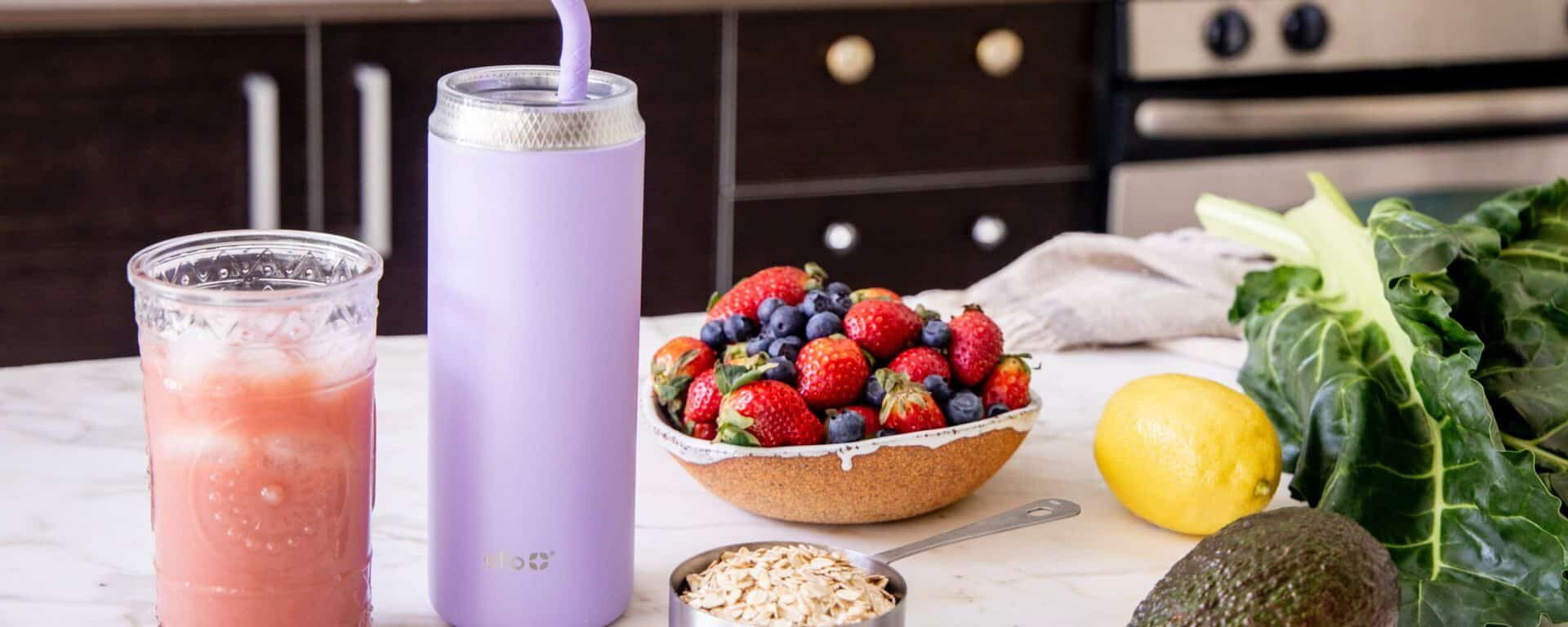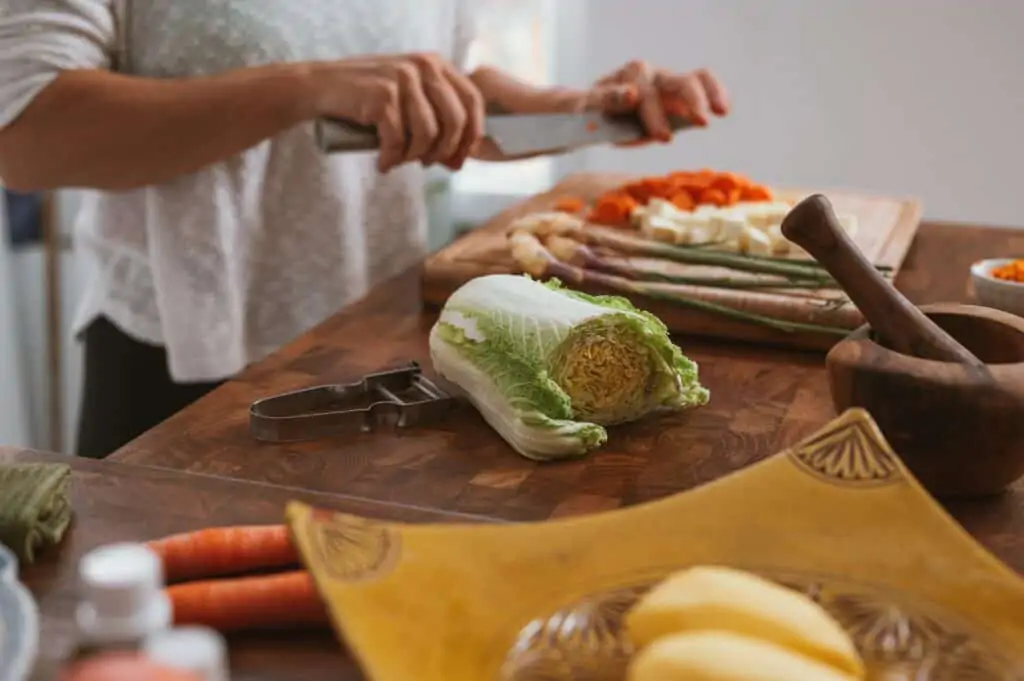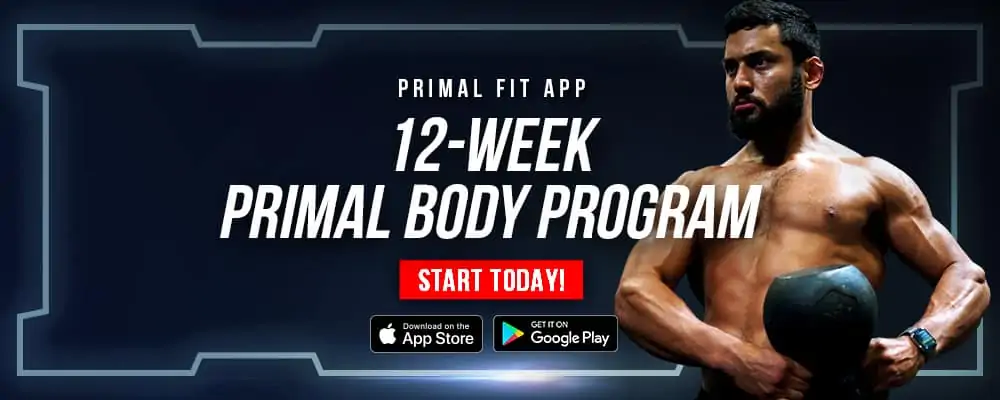
Most of us are aware that eating the right foods is crucial to health and all aspects of fitness. However, a grey area that has gained a lot of attention recently is when is the best time to eat these foods.

We’ve heard varying opinions regarding this, ranging from not eating before or after a workout, to “fueling up” before a workout, to making sure you eat something post-workout … but what is the actual best strategy when it comes to food timing after a workout?
The truth is, eating right (and at the right times) can make or break your workout. Having a solid, nutrition-packed pre-workout meal can be great for fueling you up and getting you in the zone to hit your workout hard. Now we’ll discuss what happens to your body after your workout and figure out whether you should be dedicating some time to that post-workout meal as well. (Hint: you definitely should be.)
Should You Eat After a Workout?
In short, yes! Eating the right foods shortly after your workout turns out to be incredibly important for your recovery, and the sooner, the better.
You probably already know that good protein intake is essential when you’re trying to build muscles and strength. When you’re moving weight and crushing intense sessions, your muscles get what are called “microtears,” which protein and amino acids can help to repair. These repaired muscles are then stronger and bigger, aka: you’ve made gains.
However, what is often understated is that should also make sure that you’re getting a good serving of healthy carbs after your workout as well, especially if your workouts are particularly intense.
Your body stores carbohydrates as glycogen for energy. As you work out, your muscles need fuel, and glucose from carbohydrates is the most accessible source of that energy. Because of this, your body uses up your glycogen stores during a workout, and they need to be replenished by eating enough healthy carbs, especially if your workout was highly taxing or if you’re an athlete. If you don’t, you can diminish your recovery and even run the risk of compromising your performance down the line. Luckily, your glycogen synthesis, or the rate at which your body stores glucose as glycogen, increases shortly after a workout, making it the perfect time to get your carbs in. [*]
So, if we consider that we need both carbs and protein to aid in recovery (plus a dash of healthy fats to assist with nutrient absorption), we’re looking at a well-rounded post-workout meal being essential to, well, gains!
Most studies recommend eating as soon as possible and no more than 45 minutes after your workout to maximize the results – especially since research shows that your glycogen synthesis can decrease by 50% if you put it off for two hours! [*] Basically, if you wait too long, you’ll miss out on all those sweet benefits that your post-workout state can bring you.
Foods That Are Good After A Workout
Of course, the quality of your food is going to be just as important as the timing of it.
Or, in other words, you shouldn’t be eating just anything if you want to maximize your recovery.
Since you need both protein and clean carbs after your workout, consider post-workout food pairings like:
- Eggs, avocado, and sweet potato scramble
- Sweet potatoes and steak
- Quinoa salad topped chicken breast
- Coconut yogurt (unsweetened) with fruit
(And P.S.: make sure you’re choosing top quality organic, pasture-raised foods. For meats, I personally buy exclusively from Belcampo, and you’ll see why here. Use my code: PRIMAL10 to get 10% off ).
In addition, you’re probably going to be pretty dehydrated after your workout is over, so make sure that you’re also getting enough water after your workout. This is true for everyone but especially if you’ve been sweating a lot and losing electrolytes.
Foods To Avoid
There is one stipulation with this: a common line of thinking is that that you can eat whatever you want after a hard workout because, well, you burned a lot of calories. Good, heavy food can also sound really tempting if you’ve been working hard and want to give yourself a little “reward.”
Unfortunately, too much food (and especially if it’s not clean) after a workout can derail your progress. While it’s important to have a good post-workout snack or meal to help your recovery, you’ll want to avoid certain foods that could actually take away from your recovery.
This includes things like:
- High-fat foods: They might sound tempting after a workout, but foods that are high in fat like fried and fast foods are hard on your stomach to digest and can actually slow down your metabolism, which will only serve to make you feel worse off after your workout. In addition, it’s not very hard to replace the number of calories you burn (and then some) during your workout if you go for those heavier, unhealthy things.
- Sugary foods. While getting enough carbs is important after a workout, you want to make sure they’re high-quality carbs, not simple sugars that can also slow down your metabolism and counteract your workout. Choose more complex carbs like whole grains, starchier veggies, and fruits instead.
- Coffee and other caffeinated drinks: You’re likely going to be pretty dehydrated after a workout, and drinking caffeine doesn’t help. Instead, make sure that you’re getting plenty of water. Some people also like to go for sports drinks to replenish their electrolytes after their workout, but be warned: those drinks are often pretty full of sugar and, unless you are an athlete or doing extreme physical activity, you probably don’t need it.
Remember, the benefits of your workout don’t stop at the gym! Make sure that you’re getting the right post-workout fuel and timing it out correctly to maximize your results and get those gains you’ve been after.
Key Takeaways
- Eating as soon as possible after a workout is a great way to take in the nutrients your body needs to recover since your body increases its glycogen synthesis directly following a workout.
- When it comes to your post-workout snack, your focus should be on protein and high-quality carbohydrates to help repair your muscles and restore your glycogen stores.
- Don’t fall into the trap of thinking you can just eat anything after you work out – you should avoid high-fat and sugary foods that could compromise your recovery, as well as caffeine and anything else that could dehydrate you.
